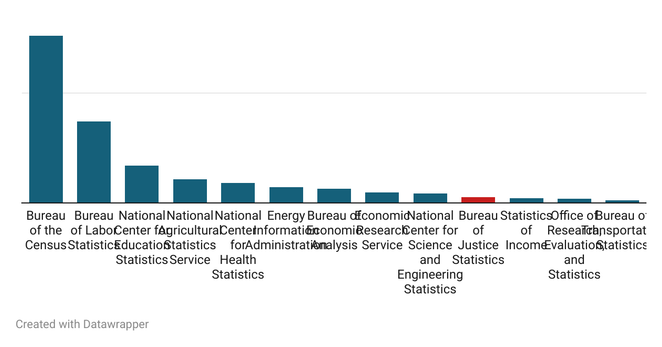Yesterday I finished "The Other Side of Tomorrow" written by Tina Cho and illustrated by Deb JJ Lee. Lee's "In Limbo" was an excellent graphic memoir, and this similarly has wonderful art, although I didn't make the connection until checking the authors after reading to the end.
This book is a realistic fictional account of two childrens' escape from North Korea via China, Laos, and ultimately Thailand where they could declare themselves refugees at a US embassy and get sponsored to live in America. Along the way they're helped by various members of the Asian Underground Railroad. I'll avoid spoilers but yet definitely encounter difficulties along the way.
The ending definitely hits different now (while also accentuating my disgust with the current US regime). Like "Libertad" that I also finished recently, the "escape to the US at the end" plot line is going to become less prevalent going forward, although Libertad involved a good measure of complexity around that point.
I was a bit disappointed in one of the later plot points where a different and more-real-world-probable turn of events could have served as a better message for society, with the "lucky" outcome as written reinforcing regressive notions of family, and as an ex-Christian the Christian elements of the story made me feel a way. I'm an agnostic, not an atheist though, and can respect the idea that those willing to risk torture and death for their faith have every right to stand by it and take inspiration from it. Most (very valid) critiques of big western Church institutions just don't apply to underground churches in northern China who are helping people escape the horrors of deep fascism.
Overall a really good book.
#AmReading #ReadingNow




